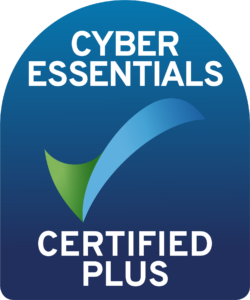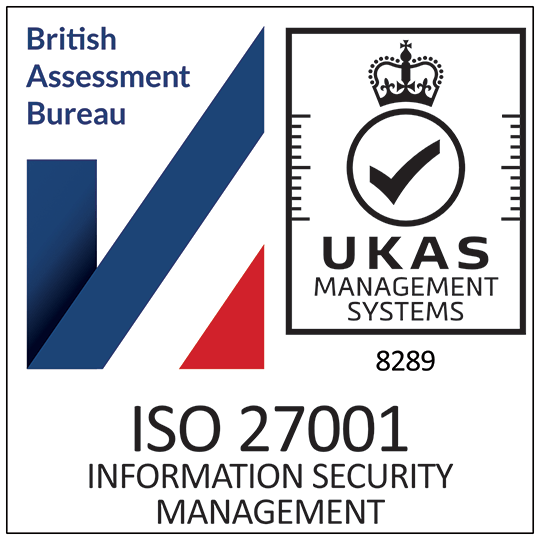5 Ways To Prevent Identity Theft
With identity theft on the rise, Swype look at how we are prevent falling victim of this terrible crime.
Identity theft is very much a ‘new age’ crime, with people’s personal details now becoming currency for many organised crime gangs. One of the main reasons for this boom in identity theft is solely down to the internet that has become a hub of information. The internet is a great tool and has become a phenomenon with basically all people, young and old and what they use their personal and financial information for.
Don’t get me wrong, identity theft in its purist form is simply someone pretending to be someone they are not. This has been around since modern society was formed. Identity theft has evolved and grown with the internet and the more reliant we have become on computers and credit.
With so many people now applying for credit cards, insurance and mortgages, we the consumers put a lot of trust in these companies and huge institutions with our personal data. We trust them to dispose of it all properly and without fail.
Methods
Often these application forms will find there was into the regular rubbish bin, mainly due to negligence from the staff in the call centre. This makes the rubbish very valuable to criminal organisations looking to obtain identities. Not only this, these criminal cells will also visit dump sites and look for old servers and computers that have still got old details stored on and retrieve and steal information this way.
Once they have obtained some basic information, they will then search the internet, and government databases for more specific information on this person, slowly building up a full picture of this person on paper. One of the more modern uses of the internet in terms of identity theft is criminals using social networking sites such as Facebook, Twitter etc where people happily and naively put all their personal information up including their hobbies, personal pictures and relationship statuses. All seems very harmless but for a criminal computer expert, who has been tasked in stealing identities, this is extremely helpful.
With these types of problems, what can we do to avoid and prevent someone who wants our personal data?
Prevention Techniques:
Having researched this bit quite extensively, prevention really comes down to 5 main factors.
1. Common sense is the first prevention technique. You may think this isn’t a technique but it is, as it is remarkable how easy it is for a charming conman to simply lie about where they are calling from and in 5 minutes have you telling him personal and financial details. Remember your personal and financial details are worth money to some people, so be protective and cautious. Ask for a number to call them back on or if it is a letter or email you have received, check the website out and the email address. It may look similar but there is probably quite an obvious ‘tell’ on it such as no website or a no existent domain.
2. Reduce unnecessary identifying. This point basically means don’t carry too many plastic ID cards that you don’t need. Stick to one main one, for example in the UK it would be your driving license. Often the main issue is people have too much identify and little privacy. This goes for credit cards, bank cards, store cards and plastic cards. All these are targets for identity thieves. Now I am not saying to get rid of plastic cards you need or use regularly. But just be aware that they are targets and ask the question, do I really need all of them?
3. Phishing attacks are a major identity theft method that even today still works remarkably well. These can come in many forms but the more popular one is email phishing. It goes like this. An identity thief will get for example one hundred thousand email addresses. They will then send out a well worded email disguised as a reputable bank to all the email addresses saying that there has been a security breach and they need to confirm what their account details and passwords are. Now they are only looking for a 1% conversion, which would be 1000 replies with full bank details and passwords to their online accounts. Easy money and easy con. The simple prevention here is this knowledge; no bank will ever ask you for your passwords over the phone or via email. If you have an email that does ask this, then alarm bells should go off.
4. Reduce your online activity and personal details you share, simply put the naivety of people on sites such as Facebook, MySpace and other social networking sites are perfect targets to find out very personal information on a person, including personal pictures of you and your family. Prevention advice is to take out all personal data such as birthdays, home address, telephone numbers etc and restrict your privacy settings to just your friends.
5. This prevention technique is really the key, and it is simply to ‘question’ things. When anyone initiates contact with you, whether it’s via email, phone, letter or even face to face and they enquire about personal details such as date of birth, who you bank with or financial details, then you need to question who they are, proof of who they are and why they need the information. Do not hand it over until you are satisfied with the answers. Ask for a contact number for them, this will often get them to leave you alone if they are acting will ill intentions.





